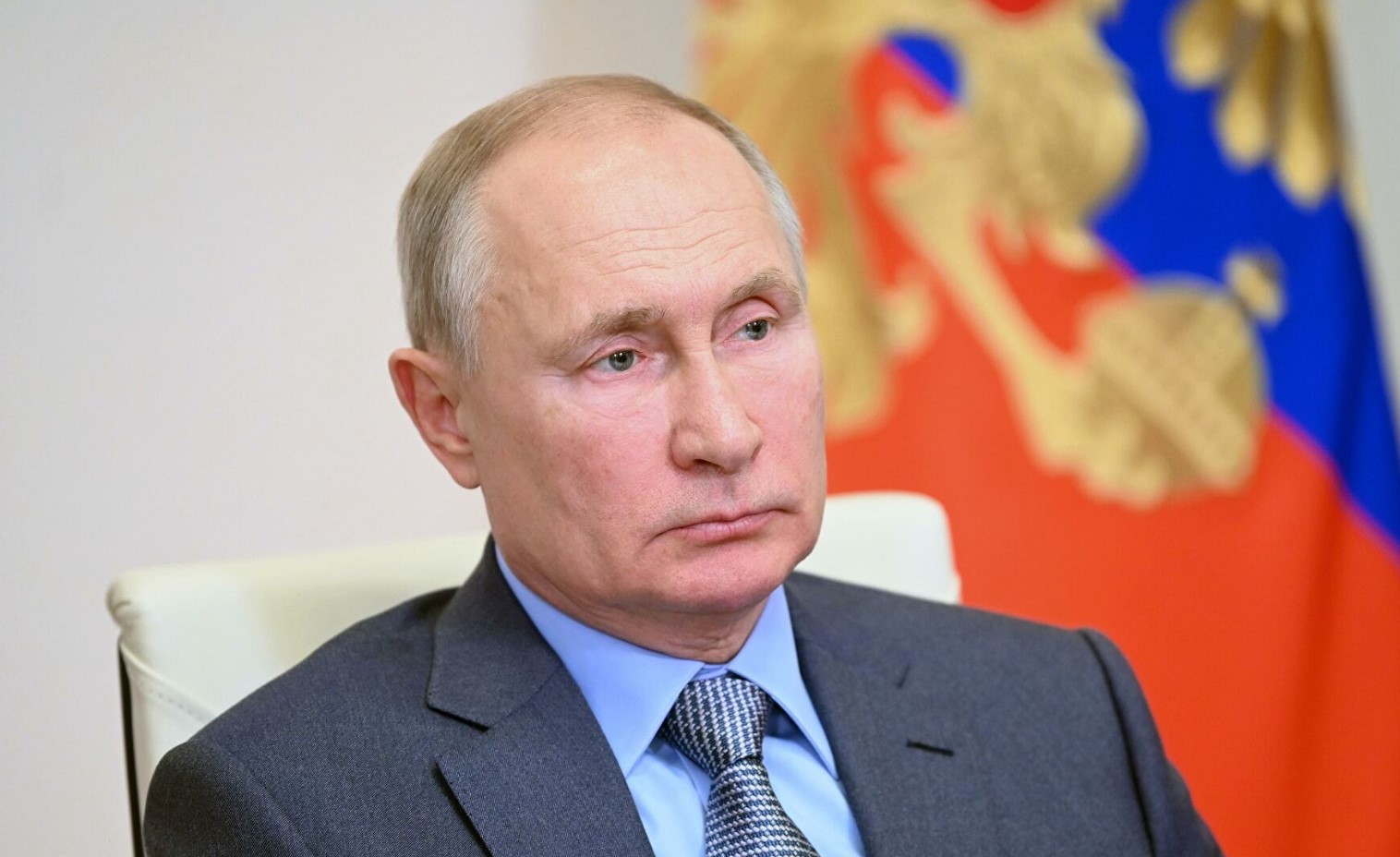The Ministry of Foreign Affairs announced a reduction of up to 21% in mutual settlements in dollars by the EAEU countries

The use of the dollar in mutual settlements of the countries of the Eurasian Economic Union (EAEU) decreased to 21% of the total volume of transactions, while payments in national currencies reached about 75%. This was stated by Deputy Foreign Minister of RUSSIA Alexander Pankin in an interview with TASS.
“The issue of increasing the share of national currencies in mutual settlements has been on the agenda of the EAEU since its inception. During this time, payments in national currencies between the countries of the Union reached about 75% of the total volume of transactions, and the use of the dollar decreased to 21%,” he said.
According to the Deputy Minister, the creation of the financial system of the multipolar world is an irreversible process. “Against the background of the growing geopolitical pressure of the “collective West”, the only way to guarantee the stability of trade, economic and investment ties between Russia and its partners is to avoid the use of currencies that have become “toxic”, primarily the US dollar and the euro,” he stressed.
The EAEU includes Armenia, Belarus, Kazakhstan, Kyrgyzstan and Russia . The observer countries of the Union are Moldova, Uzbekistan and Cuba.
In mid-March, the head of the Ministry of Economic Development of Russia, Maxim Reshetnikov, announced the agreement of the EAEU members on a phased transition to mutual settlements in national currencies.
Nabiullina rules out dollar ban even in 'apocalyptic scenario'
Earlier, Russian President Vladimir Putin said that confidence in the US dollar was dealt a serious blow . He attributed this to the decision of Western countries to freeze about $300 billion of Russian foreign exchange reserves. “A serious blow was dealt to the entire global economy and trade, to confidence in the US dollar as the main reserve currency,” the head of state noted.
At the end of 2021, Russia received 54.5% of EXPORT earnings in dollars (in 2014 - 76%) and paid for 35.8% of imports in dollars (in 2014 - 39.7%), follows from the data of the Bank of Russia
Read on RBC Pro Pro Consumers cut costs.In what niches does it make sense to open a business Instructions Pro How did the ruble reach equilibrium and how long will it last Articles ProWhy in Europe there are no such bright logos as Coca-Cola Articles Pro How to return money or goods,who are stuck in Europe Instructions Pro What not to tell at the interview about your children InstructionsPro What are the chances of paying dividends gives the latest report of MTS Articles Pro "Feeling of omnipotence":billionaire Igor Rybakov on the benefits of sports Articles Pro x The Economist Bezos and Dorsey invest in African startups.What do they hope ArticlesIn their June review of the global economy, experts from the HSE Faculty of World Economy and International Affairs also pointed to the beginning of global de-dollarization. In their opinion, the freezing of the reserves of the Bank of Russia as part of the sanctions pressure "created a significant precedent for the loss of confidence of the countries of the world (especially developing countries) in the US dollar." Based on geopolitical considerations, other countries of the world, except for Russia, increased the share of reserves in alternative currencies - Israel, CHINA , Turkey, Chile, etc., the review says.
Other experts, including those interviewed by RBC, allowed the dollar to lose its dominant position, but not in the short term and subject to a number of fundamental conditions. According to them, the only contender to replace the dollar as the dominant currency is the yuan, but this will require a decision by China to make its currency more transparent - China has not yet shown such a willingness.
In the US, on the contrary, it was noted that in July the dollar strengthened against other currencies after falling against the backdrop of strong economic growth in the country, the Federal Reserve's actions to raise interest rates and capital inflows.
Read together with it:
- Боливия экспортирует говядину на сумму 797 миллионов долларов и вводит новые цифровые сертификаты для внешней торговлиЭкспорт говядины из Боливии в период с 2021 по 2025 год достиг 797 миллионов долларов. Китай является основным рынком сбыта этого мяса, на который приходится 74% продаж, сообщила Карина Серрудо, генеральный директор Национального таможенного управления. Параллельно с этим ведомство включило сертификат безопасности экспортных пищевых продуктов для говядины в систему «Единое окно для внешней торговл...
- Поголовье свиней в Бразилии продолжает растиТакже наблюдался рост убоя свиней на 1,2%, достигнув рекордного уровня в 2024 году, хотя рост сектора замедлился. Экспорт свинины также достиг исторического максимума. По географическому распределению Толедо (штат Парана) сохранил лидерство по производству свинины среди 5487 муниципалитетов, где ведётся свиноводство, на долю которого приходится 2,2% от общего поголовья (95......
- Bloomberg узнал о плане G7 значительно ужесточить санкции против РоссииНовый пакет санкций будет включать меры, в частности, против энергетики, финансов и военной промышленности, а также крупнейших нефтяных компаний России. Разработку пакета G7 планирует завершить в октябре, выяснил BLOOMBERG Страны «Большой семерки» (G7) приближаются к соглашению о значительном ужесточении санкций в отношении России, сообщает агентство Bloomberg со ссылкой на проект заявления. «Мы с...




























































